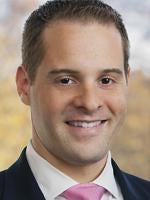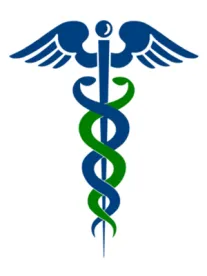We all are familiar with complex medical malpractice lawsuits against hospitals that include claims against the numerous professionals and staff members involved in the treatment of admitted patients. The list of parties and potential cross-claims against other parties can be extensive. Approximately 25 million surgical procedures, however, are performed every year at ambulatory surgical centers (ASCs), as opposed to at acute care hospitals. Given the nature of ASCs and their common business model − to treat patients safely in an economical and expeditious manner without the need for an overnight stay − there are certain theories of malpractice that predominate. The factual and legal issues that must be examined by a defense attorney when an ASC is first faced with a medical malpractice claim differ somewhat from those raised when there are other defendants that may have caused or contributed to the alleged injury. The number of parties and theories of liability may be limited but the defense must be equally vigorous.
One of the more common claims against an ASC is a failure to recognize an injury prior to the patient’s discharge. For example, a patient may claim that a physician or nurse failed to appreciate the signs of a colon perforation, discharged the patient too quickly and, as a result, the patient became septic or suffered some other physical injury. Another common claim arises from the question of whether the patient was healthy enough to undergo the procedure outside an acute care hospital setting.
Whether the ASC is vicariously liable for the conduct of a surgeon or anesthesiologist is another common legal issue. A good first step in evaluating the potential for vicarious liability is to obtain the physician’s employment contract and determine whether the doctor is an employee, owner or independent contractor. However, the potential for vicarious liability often depends entirely on where a plaintiff’s lawsuit is venued. For instance, in New York, under Mduba v. Benedictine Hospital, 52 A.D.2d 450 (3rd Dept 1976), and its progeny, the ASC may be vicariously liable for a non-employee doctor under an apparent or ostensible agency theory if the surgical center gives the appearance that the physician or anesthesiologist was acting on the surgical center’s behalf. On the other hand, if the claim accrued in Virginia, you may have a very different outcome, given that Virginia does not recognize apparent agency in these situations. Sanchez v. Medicorp Health System, 618 S.E.2d 331 (Va. 2005).
In sum, even though the same factual and legal issues arise in the ASC context as we see in cases involving procedures at acute care hospitals, early recognition of the issues that are most often found in ASC claims can lead to a more efficient and effective disposition of the claim.



 />i
/>i

